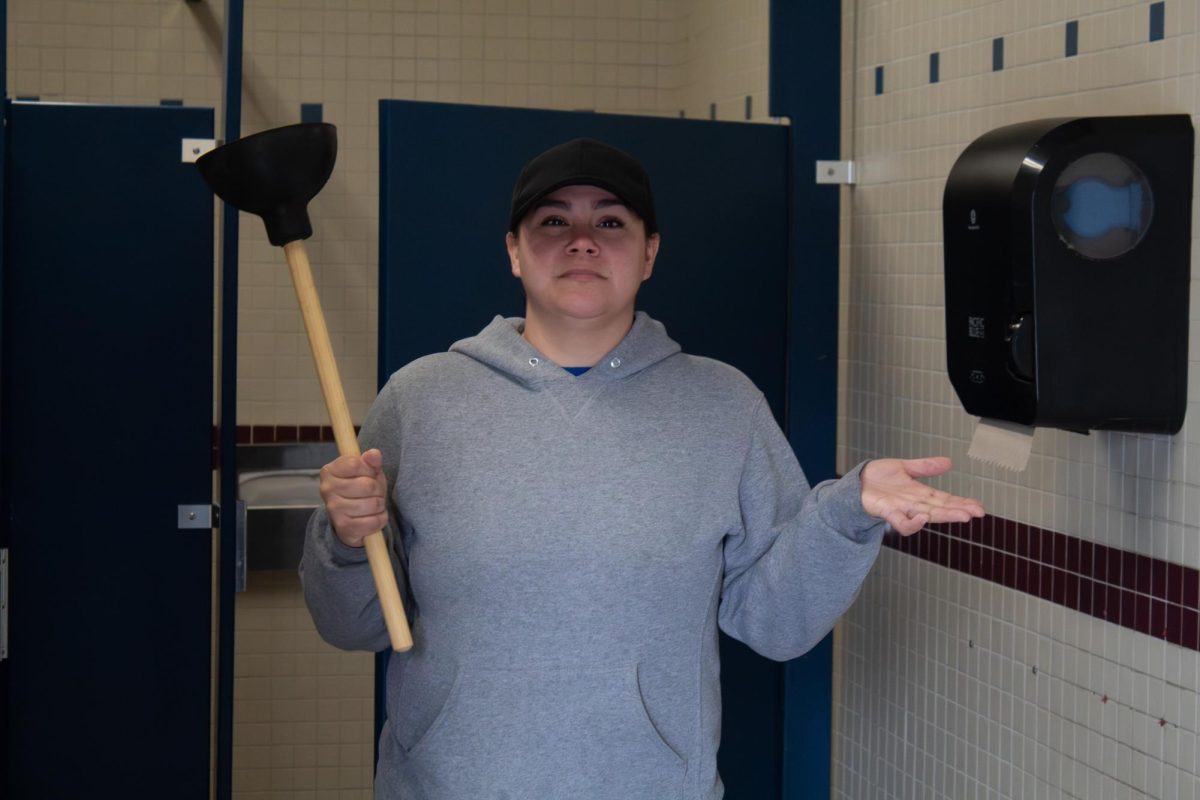The Homework Dilemma
Students and parents question whether the stress and time investment involved with homework is worth it.
December 18, 2015
Despite all our differences, children across the world all share one infamous struggle: homework. Along with learning at school, education systems also have students learn at home through homework. Most kids despise doing homework, as it directly takes away free time after school.
Do the hours upon hours of homework even help students anyway? According to studies conducted by Duke University, not so much. “…there isn’t even a positive correlation between, on the one hand, having younger children do some homework (vs. none), or more (vs. less).”
Parents and students alike have discovered these studies and are crying out for change. It has long been accepted that homework helped students understand and master the curriculum they learn in class. Now that there is hard evidence this isn’t true, a large question is posed.
Is the loss of family time and added stress that comes from homework worth the miniscule impact on students understanding? More and more parents are saying no.
Portland mother Liz Onstad is one of these warriors fighting against homework. Her 10 year old daughter is continually stressed by the amount of homework she receives.
“As they year has progressed I have only seen increased frustration in my child.”
Onstad, like many parents face the stress and frustration that homework brings to a child’s life.
Homework also adds to the academic difficulties experienced by children with non-english speaking parents. These children cannot get support from their parents, and are left behind others due to their unanswered homework questions.
Where did this overload of homework begin? Many believe it started with the “No Child Left Behind” movement passed under George W. Bush. This act changed the expectations for schooling and increased the amount of homework children received.
The rise of the importance of standardized testing is another factor that homework was supposed to solve. Homework may help with test scores that affect a school’s funding, but critics say that it doesn’t provide students with situations that will help them in college and real life.
Former teacher Karen Fitch doesn’t have her third grade child do homework she feels is not constructive to his education.
“Children are in school for hours on end, they don’t need more work,” Fitch said.
The social stigma placed on homework has never been more justified than now. Parents and students are beginning to band together against the extra work added from homework. If this coalition against homework succeeds, it would change the lives of American students forever.


















